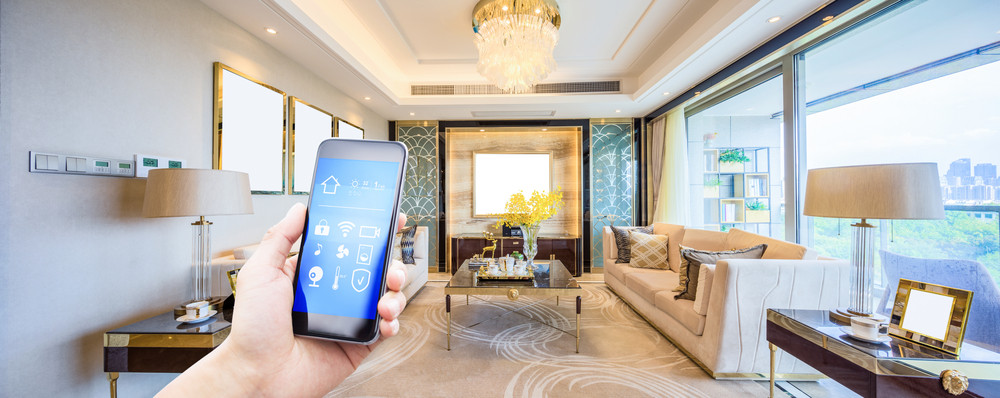Popular Reads
Top Results
Can't find what you're looking for?
View all search resultsPopular Reads
Top Results
Can't find what you're looking for?
View all search resultsHow digitalized buildings can improve energy efficiency in ASEAN
A holistic, regional approach to building digitalization with ACE as ASEAN's facilitating hub can be pivotal for the bloc in achieving its ambitious target to reduce energy intensity by 32 percent in 2025.
Change text size
Gift Premium Articles
to Anyone
A
ccording to the sixth ASEAN Energy Outlook (AEO6), the region’s total final energy consumption is expected to double from 2017 to 2040, with energy consumption in buildings increasing by two-thirds by 2030 and 120 percent by 2040.
With such a large increase in building energy consumption on the horizon, appropriate policies and initiatives to manage energy use in buildings are crucial. Such management could come in the form of building automation, which could potentially improve a building's efficiency and flexibility (Z. Ma and B.N. Jørgensen, Energy Informatics). Digitalization through building automation can help balance demand with supply at different times of the day and avoid transmission and capacity constraints.
Building digitalization can bring multiple benefits beyond economic growth, energy savings and environment. Deploying digitalization in buildings can play a pivotal role in achieving ASEAN’s ambitious target of reducing energy intensity by 32 percent in 2025, as set out in the ASEAN Plan of Action for Energy Cooperation (APAEC) 2021-2025.
According to the Net Zero by 2050 report from the International Energy Agency (IEA), smart building technology can increase efficiency and reduces emissions in the construction sector globally by 350 metric tons of carbon dioxide by 2050.
The smart building market in ASEAN may be at a nascent stage currently, according to PRNewswire, but it also reveals ASEAN’s future for. The increasing proliferation of smart solutions, electrification and efforts toward the net-zero carbon transition show the potential and rising demand for digitalized building solutions.
With a compound annual growth rate (CAGR) of 11 percent according to BlueWeave Consulting, the market is expected to grow from US$79 billion in 2021 to $166.6 billion by 2028. In addition, an analytical study of the Southeast Asia’s building energy management system (BEMS) market by MarkNtel Advisors estimates that BEMS is expected to grow at a CAGR of over 13 percent over the next several years.
BEMS provides automated control through a single digital interface over large energy-consuming systems in buildings, such as HVAC, lighting control and security system.



















